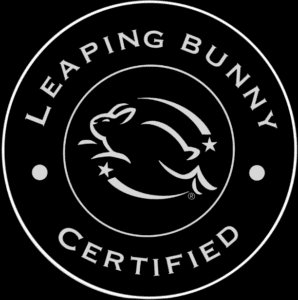Top Sustainability Buzzwords To Know
Sustainability has become such an important topic, and along with it, many other eco-related terms and references have been popping up everywhere. As a result, it’s become increasingly difficult to know and understand what all the different words mean. By learning and familiarizing yourself with sustainability buzzwords, you’ll be able to select products and services from businesses that are actively supporting the sustainability movement for a healthier planet and a healthier you.
What is Sustainability?
To understand sustainability buzzwords, it’s important to know what exactly sustainability is. According to the United Nations (UN) World Commission on Environment and Development, environmental sustainability is about acting in a way that ensures future generations have the natural resources available to live an equal, if not better, way of life than current generations.1 Over the years, though, the definition of sustainability has expanded to include a perspective on human needs and well-being, along with non-economic variables such as education and health.
There are 3 pillars of sustainability, which are known and defined as:
- Environmental Sustainability: Ecological integrity is maintained and all of Earth’s environmental systems are kept in balance while natural resources within them are consumed by humans at a rate where they can replenish themselves.
- Economic Sustainability: Human communities across the globe can maintain their independence and have access to the resources needed. Economic systems are completely intact, and fair labor for living wages is available to anyone who wants it.
- Social Sustainability: Universal human rights and basic necessities are attainable by everyone. Healthy communities have just leaders who ensure personal and cultural rights are respected and all people are treated equally.
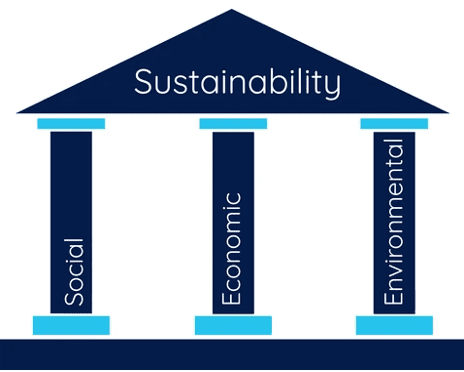
Source: North Mist
Related blog post: What Does It Mean To Be Eco Sustainable?
Yeo Valley Organic’s Study on Sustainability Buzzwords
A study administered by Yeo Valley Organic among 2,000 adults sought to determine if sustainability buzzwords were confusing to the masses. Here are some of the findings:
- 75% admitted that they didn’t know what terms such as “green” and “eco-friendly” meant.
- 81% agreed that there’s a lot of jargon when it comes to sustainability and being environmentally friendly.
- 73% agreed that there are too many eco-related words, making it difficult to differentiate the meanings.
- 58% would like to be more educated on words and phrases associated with sustainability.
- 74% agreed there should be more education about saving and caring for the planet.
- 61% agreed that if we had more education around the jargon, it would lead to more people doing their best to save the planet.2
Getting Familiar With Sustainability Buzzwords
Sustainability vernacular can be seriously overwhelming sometimes. We’ve all heard and seen terms like “organic” and “zero waste,” but what do they actually mean? We’re here to help you understand the eco-friendly jargon. Here are 11 sustainability buzzwords to know:
1. Greenwashing
Greenwashing refers to marketing strategies (product labeling, ad claims, graphics, etc.) designed to make a company and/or its products appear “eco-friendly” or sustainable despite such claims being exaggerated, ambiguous, or fraudulent. If you’re worried about falling for greenwashing, check to see if the company has hard data to back up its claims. If the company hasn’t made this information available to customers, then you might have spotted a case of greenwashing.
2. Biodegradable
Biodegradable materials can be naturally broken down and returned to the Earth over time, without any processing. Ideally, but not always, these materials break down without leaving any toxins behind. The goal of supplementing biodegradable products into your everyday life is to recycle our natural resources and keep the Earth clean and free of growing landfills.
Examples of biodegradable materials and products include:
- Bamboo
- Cork
- Paper
- Beeswax
- Cotton
- Hemp
3. Organic
Organic farming refers to crops and animals cultivated without the use of human-made materials, such as synthetic pesticides or fertilizers, and does not contain genetically modified organisms (GMOs). Under the organic label, though, some synthetic materials are still allowed. Certified organic production methods reduce chemical runoff, decreasing pollution of the soil and watersheds due to not using any synthetic pesticides or fertilizers.
4. Carbon Footprint
A carbon footprint is the measure of carbon emissions produced by an individual, product, company, activity, and more. Everything has a carbon footprint, including your home, your car, each food item you consume, and so on. The World Health Organization (WHO) has stated that reducing your carbon footprint is not only good for the planet’s health, but for your health as well. Ways we can lessen our carbon footprints include cycling, walking, using renewable energy to power our homes and vehicles, and reducing consumption of animal products.
Related blog post: Carbon Footprints and a Circular Economy: How You Can Contribute
5. Compostable
Compostable materials can be broken down over time, but they require specific composting conditions to do so. Composting conditions include green and brown plant materials (such as grass and leaves), moisture, and oxygen. The composting process essentially returns food scraps to the Earth where they can enrich the soil.
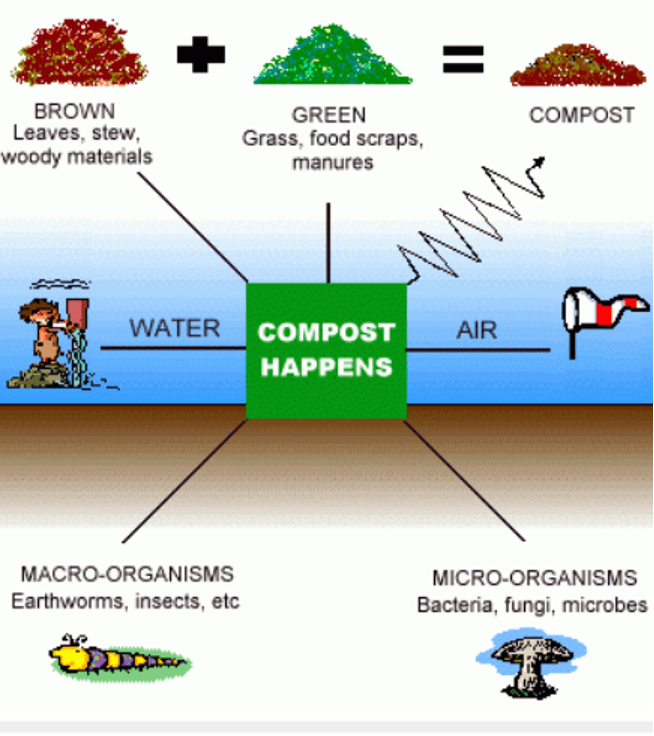
Source: EcoMena
Curious about how you can incorporate composting into your everyday life? Here’s how.
6. Circular Economy
The circular economy is a model of production and consumption which involves sharing, leasing, reusing, repairing, refurbishing, and recycling existing materials and products as long as possible. In this way, the lifecycle of products is extended, and it keeps waste to a minimum. According to the Ellen MacArthur Foundation, a circular economy is a way for us to imitate the cycles of nature: make something, use it, and reintroduce it to nature as a nutrient, or reuse it for something else. The opposite of a circular economy is a linear economy (make something → use it → discard it), the basis of our current economy which is leading to catastrophic natural resource depletion.
7. Upcycling
Upcycling is the use of wasted materials to make something different. An example of this would be using plastic bottles in shoes and clothing, which is actually being done by companies like Patagonia and Buffy. Upcycling prevents waste while also reducing the need for virgin materials to make new products.
Here are a few ways you can creatively upcycle items you have around your house.
8. Carbon-Neutral
If something is carbon neutral, it means that its carbon emissions and carbon absorption are equal, leading to net neutral emissions. Products, companies, and individuals can be considered carbon neutral by calculating an estimate of carbon emitting activities balanced against a calculation of carbon absorbing activities. Carbon absorbing activities include land restoration, planting trees, etc.
9. Carbon Offset
A carbon offset refers to an increase in carbon absorption or storage to compensate for carbon emissions. A carbon offset credit is an instrument certified by governments or independent agents to represent an emission reduction of one metric tonne of CO2. The purchaser of an offset credit can “retire” it to claim the underlying reduction towards climate benefit goals.
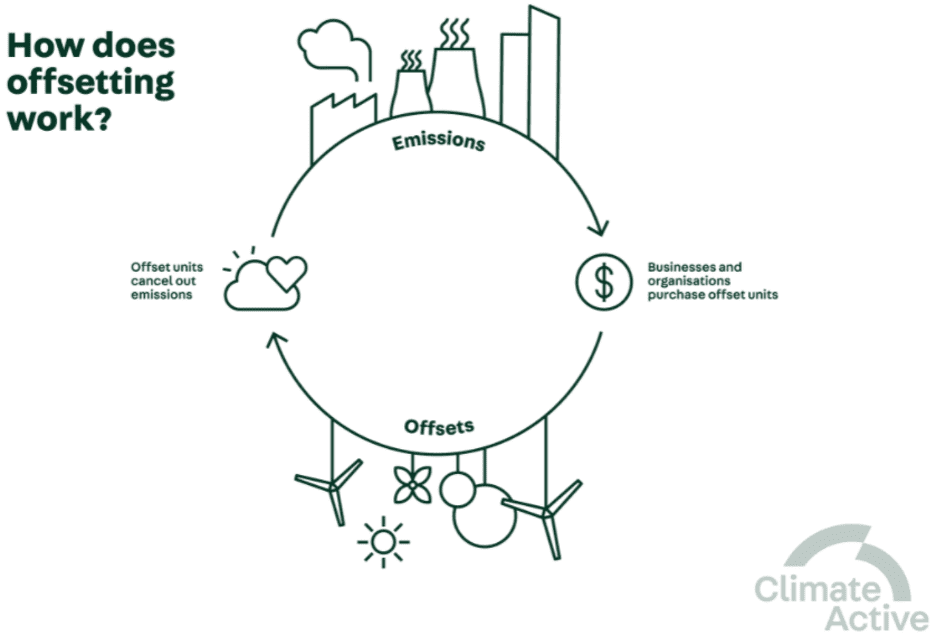
Source: Climate Active
10. Greenhouse Gas
Carbon emissions fall under the larger umbrella of greenhouse gas (GHG) emissions. Often the terms “carbon emissions” and “GHGs” are used interchangeably, because the largest human pollutant and contributor to GHGs is carbon dioxide (CO2). However, there are many other problematic GHGs that are even more heat-trapping than CO2 pound-for-pound, including methane (CH4), nitrous oxide (N2O), hydrofluorocarbons (HFCs), perfluorocarbons (PFCs), nitrogen trifluoride (NF3), and sulfur hexafluoride (SF6).
11. Zero Waste
Zero waste is a lifestyle or set of principles that focus on the elimination of all waste so that none of it ends up in a landfill, incinerator, or ocean. Individuals and companies who pursue a zero waste lifestyle minimize consumption, reuse, recycle, upcycle, and compost.
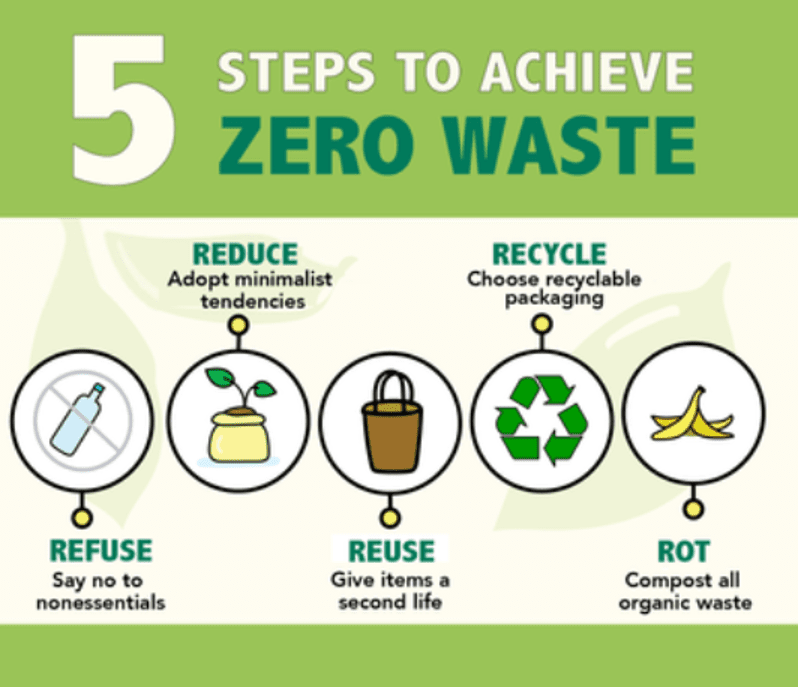
Source: Keep Mass Beautiful
Humanist Beauty Practices Sustainability
Humanist Beauty knows how important protecting the environment is to ensure a healthy future for all generations after ours. We incorporate sustainability into our daily operations and business practices, and we are always striving to make Humanist Beauty more climate conscious.
We Are Carbon-Neutral
We fully support the move towards a more circular economy by maintaining a carbon-neutral footprint. To do this, forecasted annual greenhouse gases are calculated, including office operating, manufacturing, and all shipping. Through our CarbonFund.org partnership, our company has ordered credits to support reforestry initiatives that completely offset our business emissions.
We Are Striving For Zero Waste
Additionally, at Humanist Beauty, we believe that beauty should live forever – not its packaging, which is why we are now committing to becoming a zero waste brand through the help of TerraCycle’s Zero Waste Box platform.
You can send us your beauty boxes, bottles, jars, tubes, and makeup palettes. The packaging doesn’t even have to be from Humanist Beauty; it can be from any brand. We’ll even pay and provide your postage to make sending your empty packaging to us easy and seamless. Once we receive your packing, we’ll hand it over to TerraCycle to be broken down and recycled or repurposed.
Learn more about our Zero Waste Program here.
Were you familiar with all of the sustainability buzzwords covered? Test your knowledge on others with this quiz. Let us know your score in the comments.
—
References:
https://www.thebalancesmb.com/what-is-sustainability-3157876 [1]
https://www.mirror.co.uk/news/uk-news/brits-using-sustainability-buzzwords-admit-24772194 [2]



